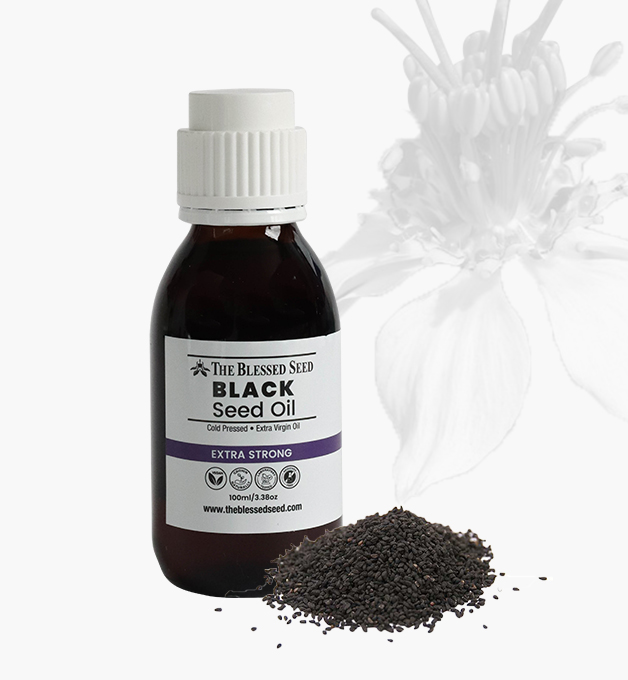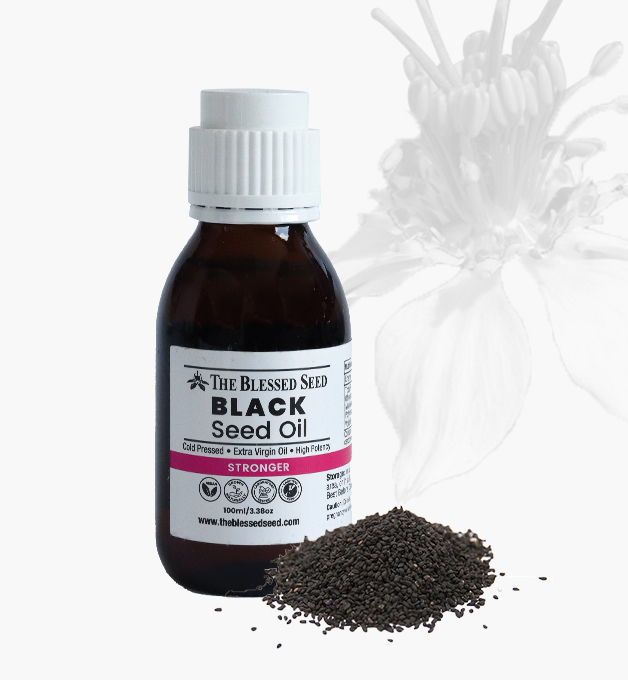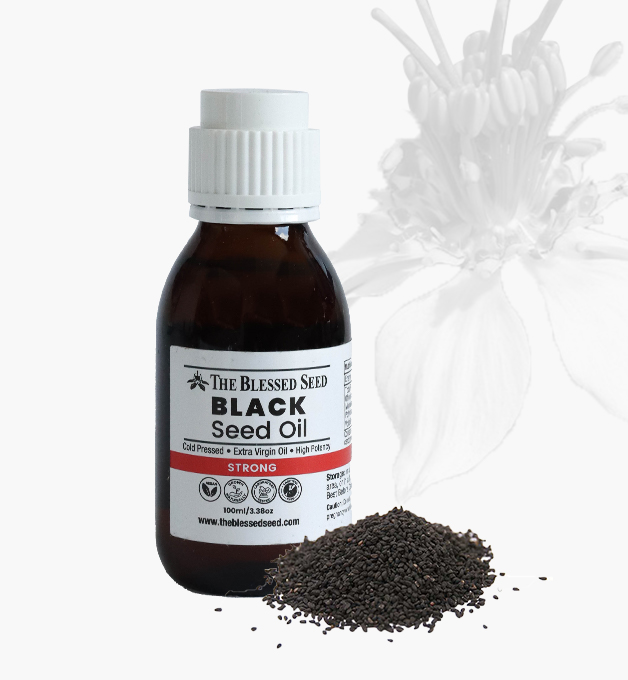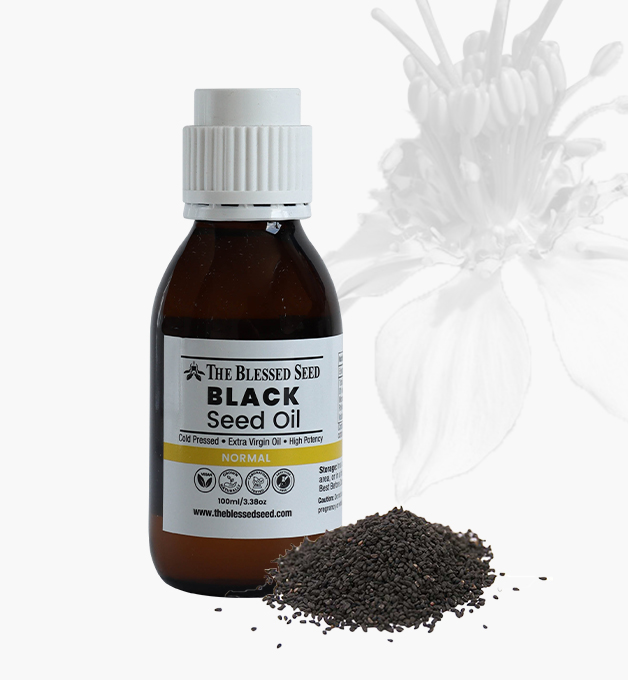Topical Application of Black Seed Oil: More Than You Bargained For
The seeds of the Nigella sativa plant have been used for thousands of years in food and for healing. The oil, extracted from the seed, give rise to the name Black Seed Oil. Used both internally and externally, Black Seed Oil heals or supports healing for many ailments.
Our focus, however, is on the topical use of Black Seed Oil.
Topical Use of Black Seed Oil
Black Seed Oil is widely used in the cosmetics industry in creams, lotions, and hair products for its anti-aging and other properties. This is mainly because of the oil’s antioxidant and anti-inflammatory effects. The oil also has immune-stimulatory, antimicrobial, antihypertensive, hypoglycemic, antiparasitic, and anticancer properties. Interestingly, the oil was also found to have a sun protective factor (SPF) of more than two.
These properties may be of benefit to those with a variety of skin conditions.
Topical Application of Black Seed Oil for Acne
Acne vulgaris is the result of the buildup of oil and bacteria in your hair follicles. It manifests on the forehead, face, neck, upper back, shoulders, and chest area. The tender, puss-filled bumps, when squeezed out, may result in inflammation and scarring.
Although most common in teenagers, acne can develop at any age.
According to research, Black Seed Oil has better efficacy than many other treatments while causing less additional harm. The chances of side-effects are also extremely low.
Because of the various properties of the oil, Black Seed Oil is a good candidate when addressing skin conditions caused by acne, rashes, dermatitis, and others.
Topical Application of Black Seed Oil for Vitiligo
Black Seed Oil may halt, and even reverse, vitiligo, according to a study conducted in Turkey.
Vitiligo is a skin condition characterized by a decline in pigment formation over the body. This may result in lighter patches of skin in the affected areas.
The study had participants applying Black Seed Oil to certain areas of the skin for six months and evaluated 47 areas in total. Areas that showed the most significant improvement in pigment reduction were the hands, face, and genital area.
Topical Application of Black Seed Oil for Wound Healing
A study on the effectiveness of Black Seed Oil for wound healing conducted in Malaya shows that the topical use of the oil accelerates wound closure and healing. One of the effects also noted by the study is Black Seed Oil’s ability to synthesize collagen production.
Similar studies on Black Seed Oil show similar results. This makes Black Seed Oil a great choice for wound healing, whether due to accidents at home or after an operation.
Topical Application of Black Seed Oil for Psoriasis
Psoriasis is an inflammatory condition that affects your skin. It shows itself as an area of raised, red skin often covered by thick, silvery scales. The condition usually occurs on the knees, elbows, and scalp, although it may also develop on your legs, body, and nail area.
Studies indicate using Black Seed Oil for psoriasis is an effective treatment in combatting the issues surrounding the condition.
According to the studies, Black Seed Oil may thicken, and thus strengthen, your skin in the affected area, while combating the condition’s spread.
Best results were seen when using Black Seed Oil both topically and orally.
Topical Application of Black Seed Oil for Eczema
A clinical study comparing the effects of Black Seed Oil and other, commonly used eczema creams shows that the oil is just as effective as common eczema creams if not more so. This bodes well for Black Seed Oil’s use in treating eczema because the oil has no negative side effects when used topically.
Topical Application of Black Seed Oil for Skin Cancer
Many studies have been conducted on the anti-cancer properties of Nigella sativa. According to the research, the oil may inhibit the growth and tumor formation of certain skin cancers, while reducing tissue damage due to the radiation used in conventional cancer treatments.
In Closing
Called the ‘miracle cure’ for centuries due to its many healing properties, the Black Seed Oil derived from the Nigella sativa plant lives up to its name. Science proves it. But science, thus far, is only scratching the surface because there are so many possible applications that researches have not yet looked at.






